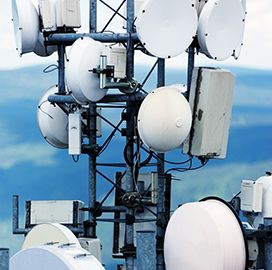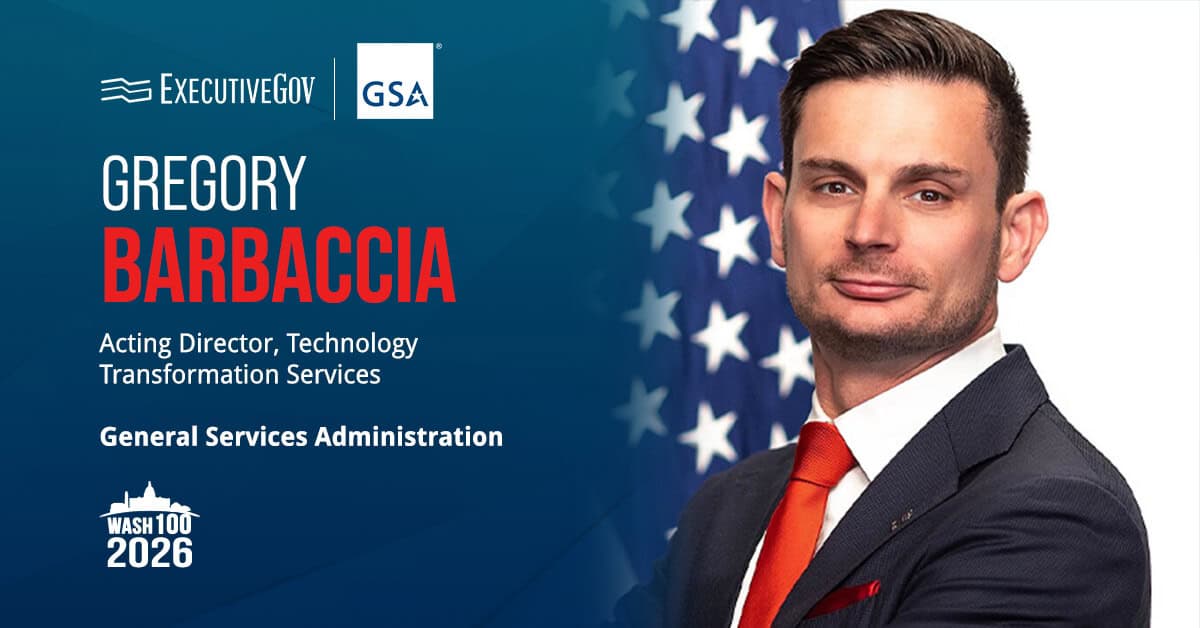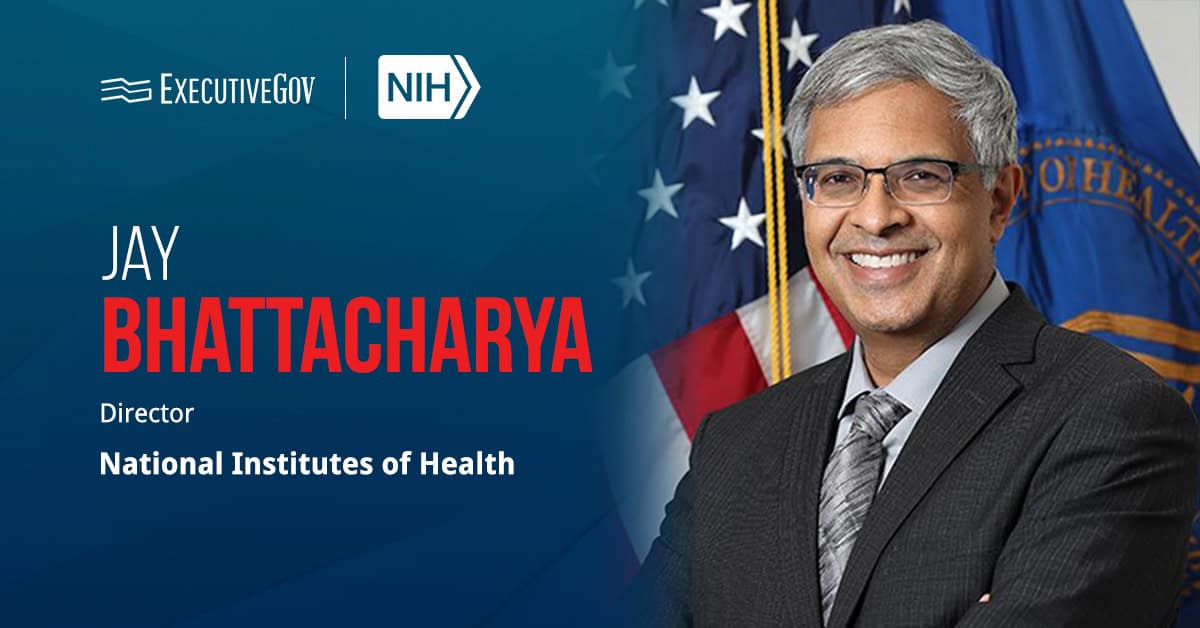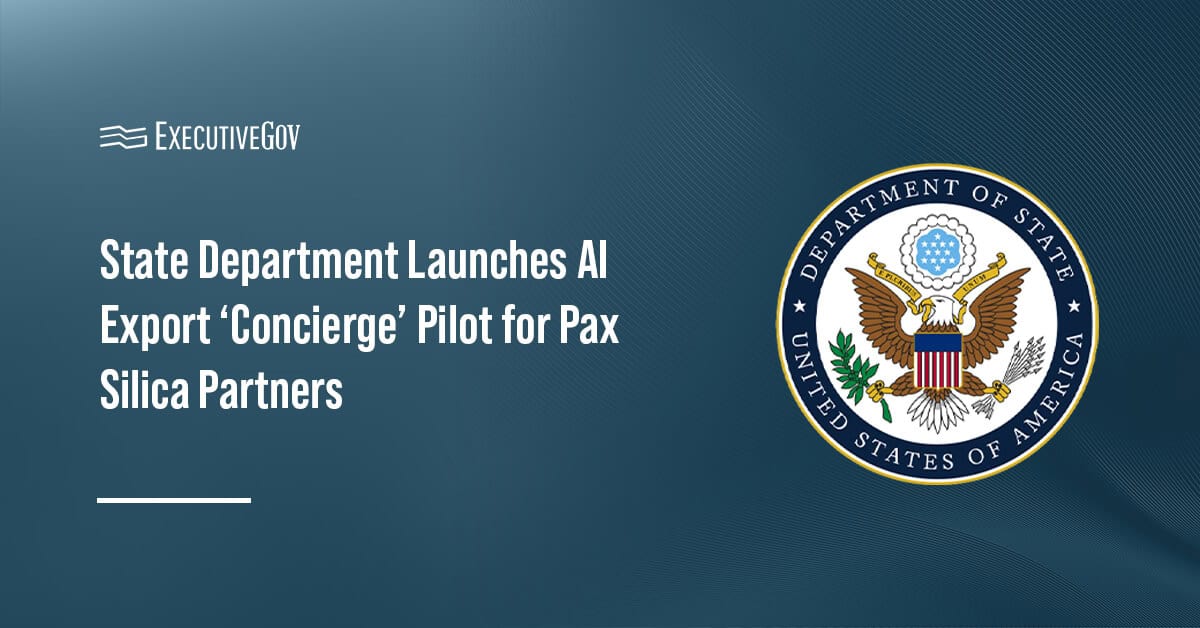The Federal Communications Commission has adopted a new regulatory framework allowing collaboration between satellite operators and wireless carriers to provide network connectivity to smartphone users in remote areas without terrestrial mobile service.
The Supplemental Coverage from Space, or SCS, framework authorizes satellite operators to collaborate with terrestrial service providers via lease agreements to operate space stations on certain licensed spectrum allocated to wireless services, the FCC said Thursday.
Under the final rule, satellite operators must route 911 calls and emergency texts to a public safety answering point through location-based routing or an emergency call center.
The FCC also adopted a further notice of proposed rulemaking to gather industry feedback on other public safety issues, including the protection of radio astronomy services.





